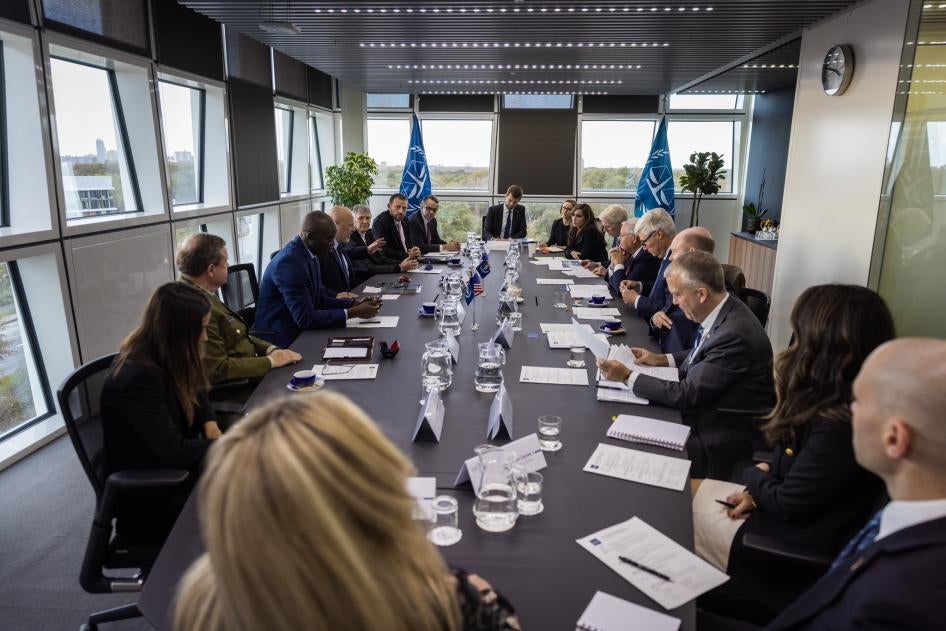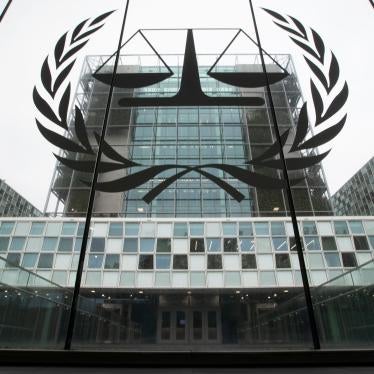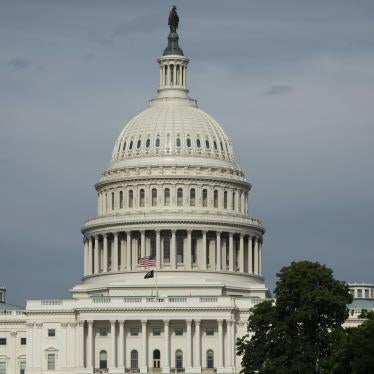A bipartisan United States congressional delegation recently visited The Hague, home to the International Criminal Court (ICC). The trip was unprecedented given the complicated and sometimes hostile history of the United States toward the ICC. The trip could help pave the way for a better US relationship with the court in the future.
This was just the latest development suggesting US lawmakers might begin to tentatively accept a court many had vigorously opposed, with lawmakers from both parties speaking favorably about the court’s investigation in Ukraine. Senator Lindsey Graham, a Republican, led a unanimous Senate resolution supporting “any investigation” into crimes “levied by [Russia’s] President Vladimir Putin,” which would include the ICC investigation. He also met with the ICC prosecutor during a visit to Washington earlier this year.
US policy continues to object to the court’s jurisdiction over US citizens and nationals of other non-ICC member countries. This objection, which lacks a basis in international law, should be set aside. In the meantime, Congress should follow through on renewed interest in the court with legislative fixes that will open the door to future meaningful cooperation with the court across the breadth of its global mandate.
Some of the obstacles to greater practical US cooperation with the ICC stem from the amended American Servicemembers’ Protection Act (ASPA), which US officials have interpreted to allow the US to provide limited support to the ICC only in specific cases when a foreign national is “accused of” a serious international crime. While a full repeal of ASPA is unlikely, key revisions should clarify that the US can aid ICC investigations early on, well before there are any “accused.” Other fixes would allow ICC investigators into the US to conduct investigations related to crimes occurring in Ukraine, as proposed by Sen. Graham and Representative Bill Keating, a Democrat, although that fix should extend to crimes committed elsewhere. Legislation should also broaden the types of assistance the US can provide, as envisaged in the draft Senate appropriations bill.
Political rhetoric by lawmakers supporting the ICC’s Ukraine investigation and their interest in the court demonstrated by this trip are important developments. To carve a new constructive path, US lawmakers need to adopt genuine commitments to cooperate with the world’s court of last resort.









